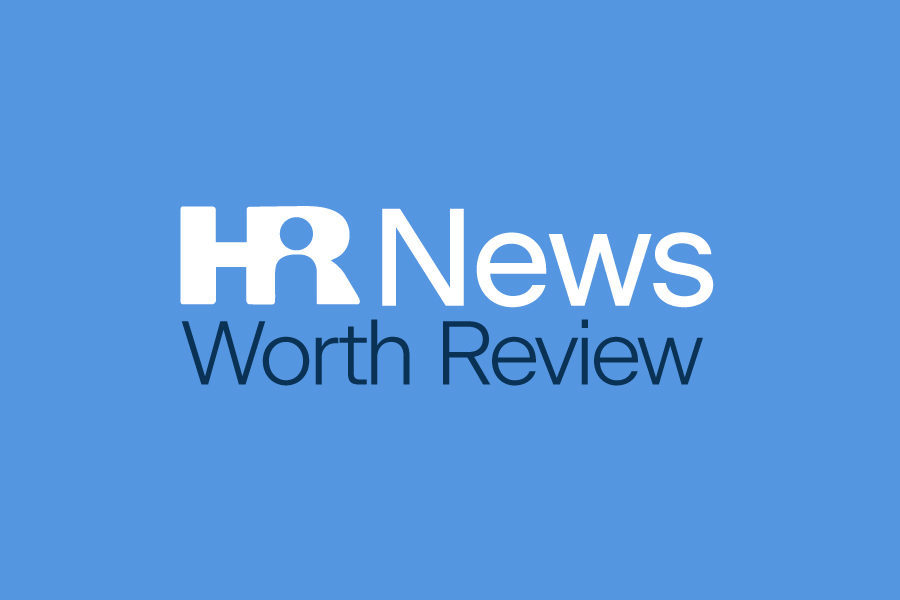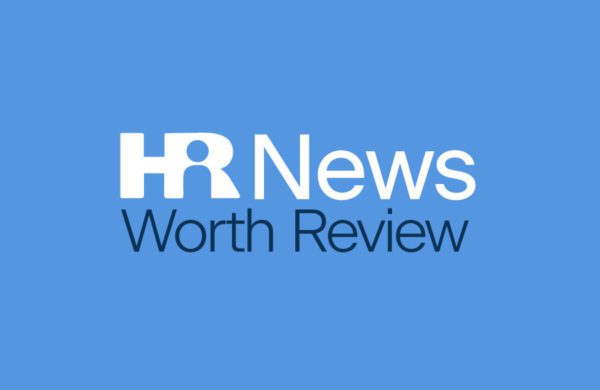FAQs Provide Guidance on Preventive Care Following Court Decision
The ACA requires non-grandfathered health plans and health insurance issuers to cover a set of recommended preventive services without imposing cost-sharing requirements (such as deductibles, copayments or coinsurance) when the services are provided by in-network providers. The recommended preventive care services are:
- Evidence-based items or services that have, in effect, a rating of “A” or “B” in the current recommendations of the U.S. Preventive Services Task Force (USPSTF);
- Immunizations for routine use in children, adolescents and adults that are currently recommended by the Advisory Committee on Immunization Practices (ACIP) of the Centers for Disease Control and Prevention;
- Evidence-informed preventive care and screenings for infants, children and adolescents provided for in the comprehensive guidelines supported by the Health Resources and Services Administration (HRSA) guidelines; and
- Additional preventive care and screenings for women provided for in comprehensive guidelines supported by HRSA.
On March 30, 2023, the U.S. District Court for the Northern District of Texas ruled in Braidwood Management Inc. v. Becerra that the ACA’s preventive care coverage requirements based on an “A” or “B” rating by the USPSTF on or after the ACA’s enactment on March 23, 2010, violate the U.S. Constitution. Accordingly, the court granted an injunction against the enforcement of those requirements and vacated the Departments’ related enforcement actions. The Biden administration disagrees with the court’s decision. It filed a notice of appeal on March 31, 2023, and a motion for a stay on April 12, 2023. Accordingly, on April 13, 2023, the Departments of Labor, Health and Human Services, and the Treasury (Departments) issued frequently asked questions (FAQs) in response to this case. The FAQs include the following important guidance for employer-sponsored health plans:
- Due to the Braidwood decision, health plans are not required to cover preventive care items or services that have an “A” or “B” recommendation by the USPSTF on or after March 23, 2010. However, the Departments strongly encourage plans and issuers to continue to cover such items and services without cost-sharing;
- Health plans must continue to cover, without cost-sharing, items and services recommended with an “A” or “B” rating by the USPSTF before March 23, 2010, in addition to other recommended preventive care services; and
- State laws regarding preventive care coverage requirements for insured health plans are not impacted by the Braidwood decision.
Reminder: End of COVID-19 Emergency Periods & How This Will Impact Health Plans
Agencies have confirmed that for regulatory purposes, the COVID-19 national emergency and public health emergency (PHE) will end on May 11, 2023, as we mentioned in our February HR update. Employer-sponsored health plans have been required to comply with certain coverage requirements during the COVID-19 emergency periods, including the following:
- Health plans must cover COVID-19 diagnostic tests and related services without imposing any cost-sharing (such as deductibles, copayments or coinsurance) during the PHE; and
- Non-grandfathered health plans must cover certain preventive services, including recommended COVID-19 vaccines and boosters, without cost-sharing. During the PHE, this coverage mandate applies to COVID-19 immunizations provided by all providers, regardless of whether they are in-network or out-of-network.
In addition, during the COVID-19 outbreak period (which is tied to the national emergency), certain health plan deadlines are extended, including the deadlines to request special enrollment under HIPAA, elect COBRA continuation coverage and comply with the plan’s claims and appeals procedures.
Employer Takeaway
When the PHE ends, health plans will no longer be required to cover COVID-19 diagnostic tests and related services without cost-sharing. Health plans will still be required to cover recommended preventive services, including COVID-19 immunizations without cost-sharing, but this coverage requirement will be limited to in-network providers. In addition, once the COVID-19 outbreak period ends, health plans can go back to their non-extended deadlines for purposes of HIPAA special enrollment, COBRA continuation coverage and claims and appeals procedures.
Legalized Marijuana Toolkit
While all marijuana use remains illegal under federal law, most states have enacted laws that allow certain uses of marijuana. Many of these laws either directly restrict employers or implicate provisions of other laws that may restrict employers.
Most state legalized marijuana laws do not restrict an employer’s rights to:
- Administer drug tests (though some state laws do restrict testing for marijuana); or
- Prohibit employees from using or being under the influence of marijuana at work or during work hours.
However, it is not always clear whether an employer may take adverse employment actions against an employee based solely on certain factors involving legalized marijuana. For example, legalized marijuana and related state and local employment laws vary as to whether they allow employers to:
- Test employees or applicants for marijuana under certain circumstances;
- Fire or discipline employees or refuse to hire applicants based on their status as an authorized medical marijuana user; or
- Fire or discipline an employee or refuse to hire an applicant based on a positive marijuana test.
Employers should be aware of the challenges and complexities that come with testing individuals for marijuana and become familiar with all applicable laws before implementing or enforcing any drug testing or other workplace policies regarding employee marijuana use.
To that end, we have provided a toolkit that provides an overview of which laws to look for, information about navigating the legal status of marijuana and guidance on crafting a workplace drug-testing policy that complies with all applicable restrictions. This toolkit aims to help employers understand the full legal landscape surrounding legalized marijuana and work around these challenges while establishing and maintaining compliance with all applicable laws.
Toolkit – HSAs/FSAs/HRAs
Employees have many choices when selecting their employer-provided benefits, but most hinge on their financial and health care needs. Fortunately, employers are uniquely poised to provide their employees with the benefits and financial education they want.
Savings accounts can round out a top-tier benefits package. Such accounts help employees save on health-related costs and taxes and are also valuable to employers. Three standard tax-free savings accounts that employees can use to pay for qualified medical expenses include health savings accounts (HSAs), flexible spending accounts (FSAs) and health reimbursement accounts (HRAs). Such savings accounts can help employers save on health care expenses while offering employees options to use pre-tax dollars for eligible medical, dental and vision costs. Please see our toolkit here, which provides details about these different kinds of employee accounts.





